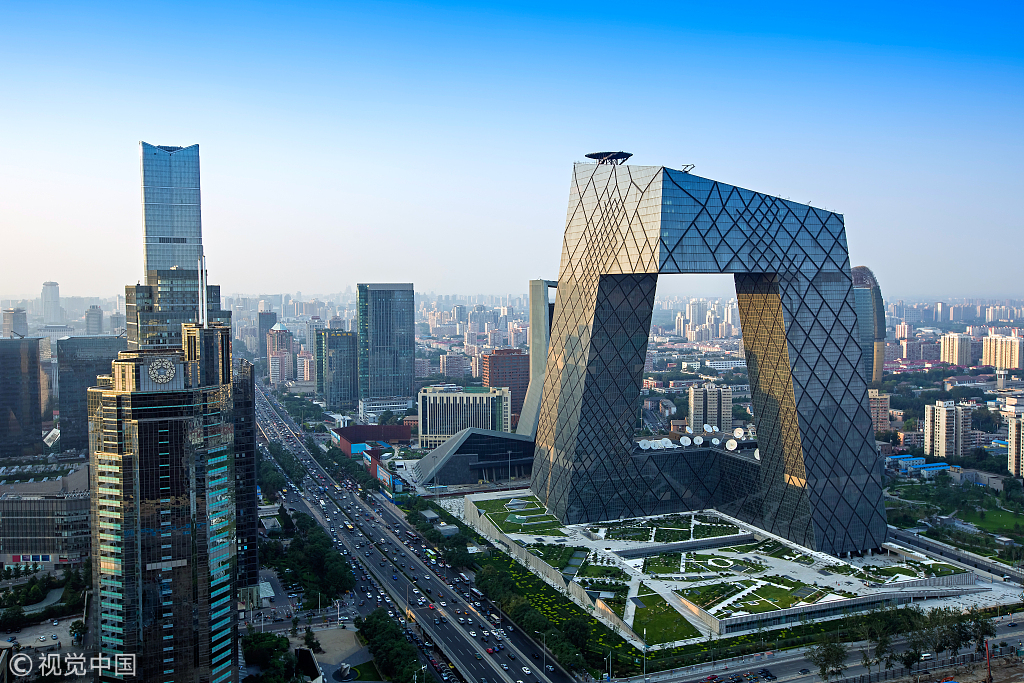Amazed by today's China 38 years later


In the Spring of 1980, my wife, Carolyn, and I were among a group of Congressmen visiting Beijing and Shanghai, on what we thought was a historic trip on the eve of the normalization of the US-China relationship. In Beijing, our hotel accommodations were in a historic building, but not necessarily welcoming. It seemed to be more of a Western hub with media and business outlets using rooms as offices.
What we saw on the streets of Beijing and Shanghai got our attention. Suppression, not vitality, was the norm. That was evident as we observed people in the public square. They were dressed in what looked like military attire (blue/grey), walking with their heads looking downward, fearful of being recognized or mixing with others that could be risky. There were more bicycles than vehicles, as many wore white masks because of the heavy smog that gripped the city.
Upon arrival in Shanghai, we allowed for some shopping, but it was limited in those days. We also became aware of this young man (17 year-old) who was following us. Finally, he approached us, in his broken English, asked if we needed help. "Yes, we are looking for a place to buy some Chinese blue rice plates." He quickly directed us to an outlet that had china, and also became our interpreter.
In Shanghai, the architectural grandeur was in evidence but, the decades of neglect left the buildings in decay, many supported by bamboo poles. It was a gloomy scene, as we reflected, "Oh, this was once a great city, look at it now." One awkward moment occurred when we were all seated on a bus, at a strand along the harbor. As few Americans were visiting China, suddenly the bus was surrounded by thousands of Chinese people, who were staring at us. We starred back. A few minutes later, Congressman Charles Vanik opened the window and started singing the legendary "Zippy-de-do-dah, zippy de day……." We joined him, happily singing as we witnessed a sea of smiles that spread throughout the crowd. It was a delightful few minutes, as smiles replaced the otherwise grim faces on the bus and beyond.
Our young interpreter, Ding Yi Jin, invited us to have dinner with his parents. Later, the US embassy discouraged the idea, cautioning that it would put both us and the young man at jeopardy. Congressmen are fairly independent, so we accepted Ding Yi's kind invitation, and proceeded to their dwelling that was located in a back alley, on the third floor of an apartment building. His parents were the victims of the cultural revolution. One was a medical doctor, the other a mathematician, but their professional lives had become meaningless in the Cultural Revolution. Ding Yi's mother prepared dinner on two-part burner stove located in the hallway. Both the meal and conversation were delicious.
A few years later, Ding Yi showed up in Washington, D. C., enrolled at American University. We treated him as family, inviting him to holiday and family functions, as he completed his education. We were impressed with how quickly he adapted to the new life, totally committed to his education pursuits.
Thirty-eight years later, we were on another Congressional trip to China. This time a group of former Members of Congress. In Shanghai, we were staying at one of the many five-star hotels. It was an unbelievable contrast to the Shanghai we visited thirty-eight years ago. In fact, it was like two different worlds. My colleague, Tim Roemer, former congressman and ambassador to India, and I were standing outside the hotel, awed by the spectacular buildings, and robust traffic heading in all directions. What impressed us most were the millennial types, gripping their cell phones, fashionably dressed, rushing about with energy and enthusiasm. This was a stark contrast to the Shanghai we visited in 1980. Tim Roemer was dazzled, as he commented to me, "Don, I feel like I am in New York."
That evening, a highly successful Chinese businessman hosted our delegation, an elegant dinner in Shanghai's most prominent club. At his invitation, about 20 heads of Chinese and US companies attended. His limo and driver picked us up, and he also covered the entire cost of the dinner. His name was Ding Yi Jin, that dear young man we met on the streets of Shanghai in 1980.
The author is a former US congressman representing the Washington state. Currently, he is the executive director of APCO Worldwide.



































